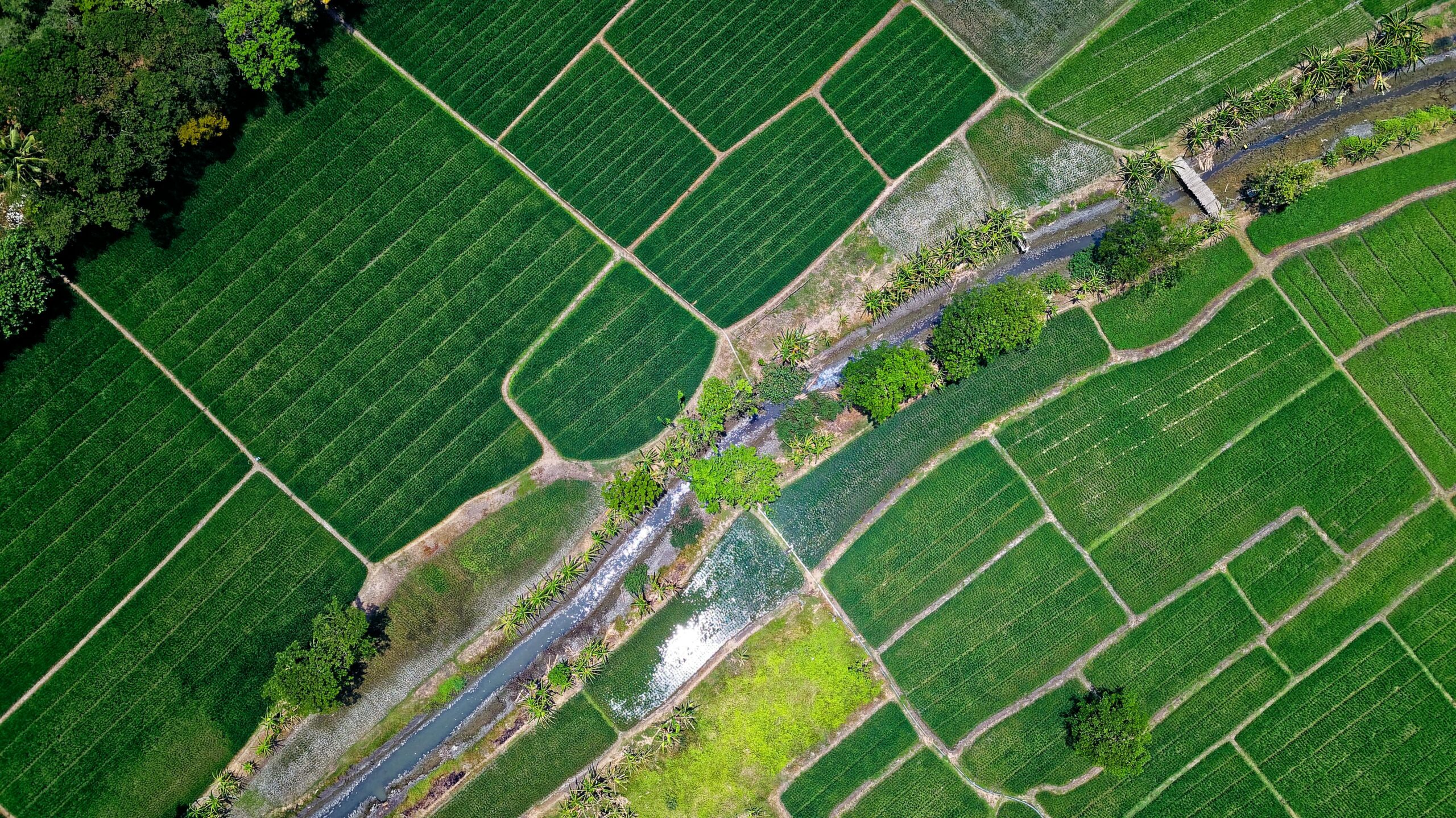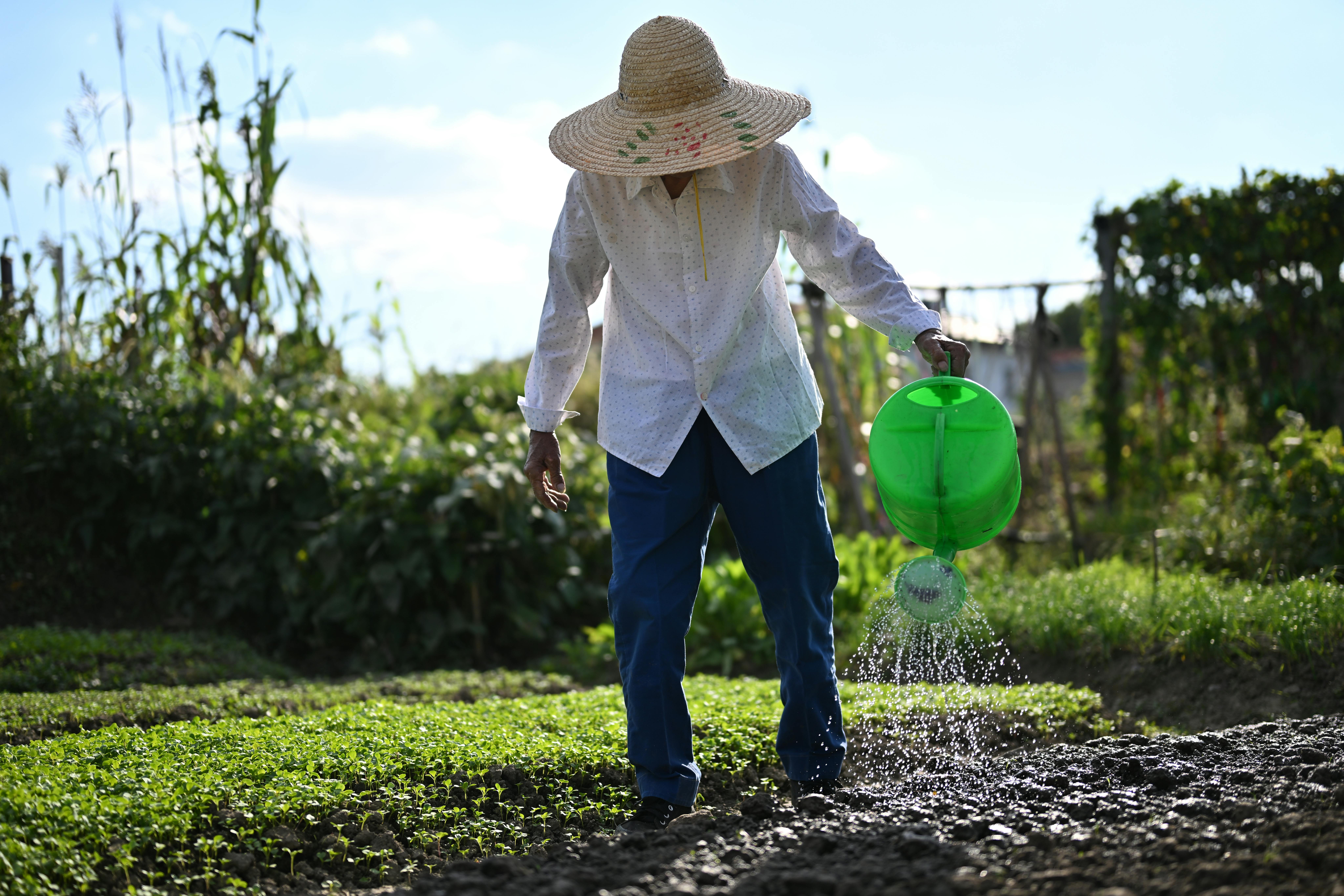
idron
Innovative Dual sustainable solutions for Rural water scarcity and use OptimizatioN
The IDRON project aims to strengthen water resource management and resilience in Mediterranean regions facing increasing droughts and water scarcity. This initiative focuses on developing innovative irrigation systems, smart monitoring technologies, and sustainable agricultural practices to optimize water use. By fostering collaboration among Mediterranean countries and promoting climate adaptation, the project contributes to environmental sustainability, food security, and the EU’s climate resilience goals.
Focus

IDRON is committed to addressing water scarcity in rural Mediterranean areas highly vulnerable to climate change.
The project focuses on building resilient and sustainable water systems for agriculture by integrating innovative and traditional practices. Through advanced solutions such as aquifer recharge, smart irrigation, wastewater reuse, and rainwater harvesting, IDRON aims to optimize water use, reduce irrigation consumption, and enhance crop resilience and productivity—fostering a more sustainable and climate-resilient future for Mediterranean communities.
strategy
IDRON deploys a dual strategy to tackle rural water scarcity; this includes developing new water sources and optimizing irrigation through smart tech.
Across eight East-Mediterranean countries, the project installs soil moisture sensors, satellite-linked irrigation systems, and AI-powered Decision Support Systems (DSS) to guide farmers in real time.
IDRON aims to turn precision tech into hands-on tools, with a strong focus on transferring its results by creating a transnational network for water scarcity solutions.

Pilot activities
The pilot in Kalochori (Thessaloniki) will restore a Constructed Wetland combined with smart irrigation and monitoring technologies. It will demonstrate a nature-based, low-energy approach to enhance tertiary treatment of municipal wastewater, reduce pollutants, and support reuse in agriculture. Results will show how NBS can increase irrigation efficiency and sustainability across Mediterranean regions.
The Čitluk and Čapljina pilot will implement a digital soil-monitoring network combining UAV imagery and in-field sensors. Data will generate real-time soil-moisture and crop-water-need maps, enabling farmers to make informed irrigation decisions. The investment aims to improve efficiency, yields, and sustainable resource use in both irrigated and non-irrigated areas.
This pilot will develop and test a Decision Support System (DSS) integrated with bioelectrochemical (BEbios) sensors to monitor water quality continuously. The sensors will provide real-time data on key parameters, supporting adaptive irrigation and water management. The DSS will serve as a replicable digital solution for Mediterranean regions facing water scarcity.
Located in Aksakovo (Varna Region), this pilot will use UAVs equipped with multispectral and thermal sensors to detect dry areas, monitor vegetation health, and locate surface-water sources. The collected data will guide irrigation scheduling and drought-response actions. Results will assist municipalities in improving water-resource management.
The Debrca pilot will install solar-powered pumps and IoT sensors controlling irrigation through automated valves. Real-time data on soil moisture and climate will guide irrigation scheduling, minimising losses and energy consumption. The system will demonstrate a scalable, cost-efficient model for small and medium farms.
In Benkovac (Zadar County), this pilot will compare conventional and advanced irrigation approaches powered by solar energy. It will evaluate water-use efficiency, crop yield, and energy savings to define best practices for sustainable Mediterranean farming. The pilot will also promote renewable-energy integration in agriculture.
The Tuzi pilot will implement a rainwater-harvesting and storage system for on-farm use. It will reduce dependency on groundwater extraction and mitigate drought impacts. The system will illustrate a practical, low-cost solution adaptable to other Mediterranean rural communities facing water scarcity.
The Piacenza (Emilia-Romagna) pilot will build infiltration basins that enhance groundwater recharge and restore the hydrological balance of the Po Valley. This nature-based measure will improve biodiversity, water availability, and climate-resilience. It will serve as a transferable model for sustainable aquifer management in Europe.
Upcoming
Events
No events to display at this time.
Key

